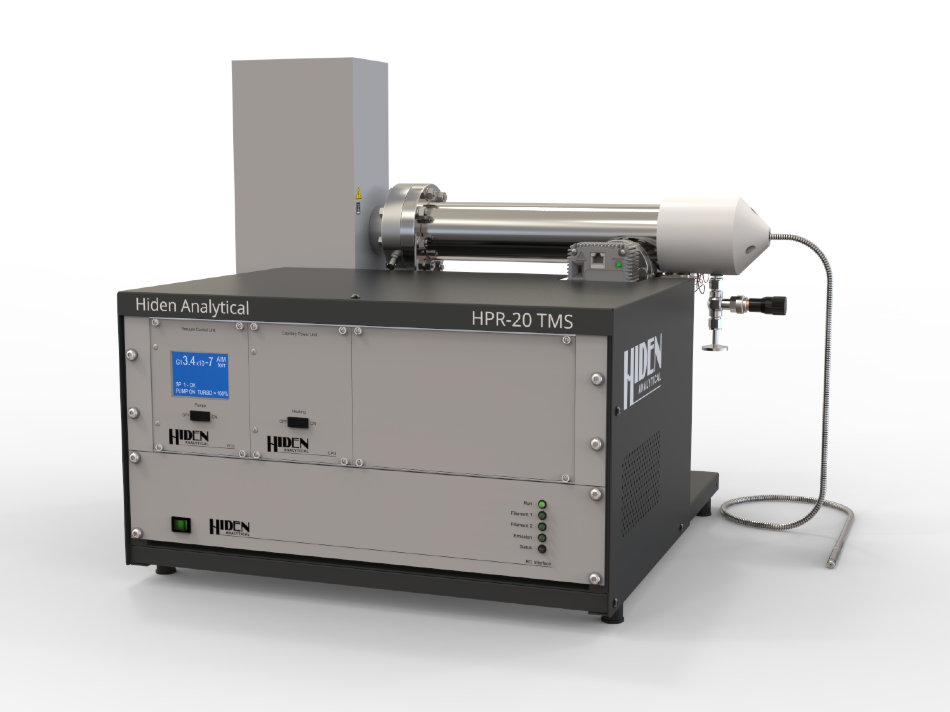The catalytic combustion of methane is an important technology used for the production of clean energy as well as for after-exhaust treatment. The use of this in gas turbines (high temperature catalytic combustion or HTCC) results in very low emissions of unburned hydrocarbons, NOx and CO, whilst the application of a catalytic converter in vehicles fuelled by natural gas (low temperature catalytic combustion or LTCC) is essential to reduce unburned methane, which is considered to be a strong greenhouse gas.
Palladium Oxide
Amongst the range of materials which have been studied for catalytic combustion of methane, supported palladium oxide (PdO) is known to be the most active. This material, however, undergoes intense deactivation at increased temperatures due to the breakdown of PdO into metallic Pd.
In addition, reoxidation of Pd occurs at a much lower temperature, thereby resulting in a wide window of stability of less active Pd metal. This issue is of considerable interest when dealing with HTCC.
A number of studies have been carried out to identify appropriate promoters which have the required capacity to stabilize the oxide phase at elevated temperatures. This study has been particularly focussed on the screening of rare earth oxides that have been added onto alumina supports as PdO stabilizers.
Within this study, the effect of the addition of Pr, Ce, Tb and La on a Pd-alumina catalyst was examined. Temperature programmed combustion experiments were applied to monitor the catalytic performance of the various catalysts. These experiments were conducted in a standard lab-scale microreactor for powder analysis.
Hiden Analytical HPR-20 Mass Spectrometer
The Hiden Analytical HPR-20 mass spectrometer (Figure 1) was used for both qualitative and quantitative measurement of the effluent gases on the reactor’s downstream.
Figure 1. Hiden Analytical HPR-20 Mass Spectrometer in the Lab
The comparison of the curves indicating conversion of methane and/or production of CO2 was utilized to assess the effectiveness of the different formulations of the catalysts (Figure 2). On these curves, it was possible to distinguish the loss in conversion due to the decomposition of PdO, followed by a recovery due to the re-oxidation of Pd at lower temperature.
.jpg)
Figure 2. Methane conversion and/or CO2 production
References
PROJECT SUMMARY BY: Sara Colussi & Alessandro Trovarelli Dipartimento di Chimica, Fisica e Ambiente, Università di Udine, via del Cotonificio 108, 33100 UDINE, ITALY.
PAPER REFERENCE: S. Colussi, A. Trovarelli, C. Cristiani, L. Lietti, G. Groppi (2012) “The influence of ceria and other rare earth promoters on palladium-based methane combustion catalysts” Catalysis Today 180 (1), 124-130

This information has been sourced, reviewed and adapted from materials provided by Hiden Analytical.
For more information on this source, please visit Hiden Analytical.